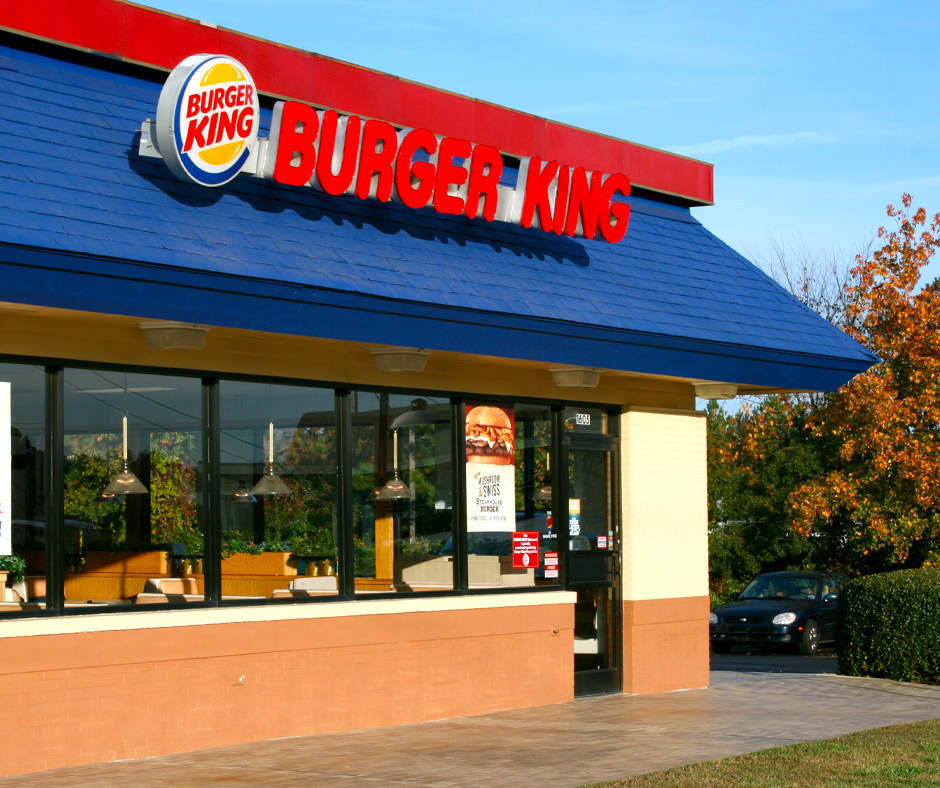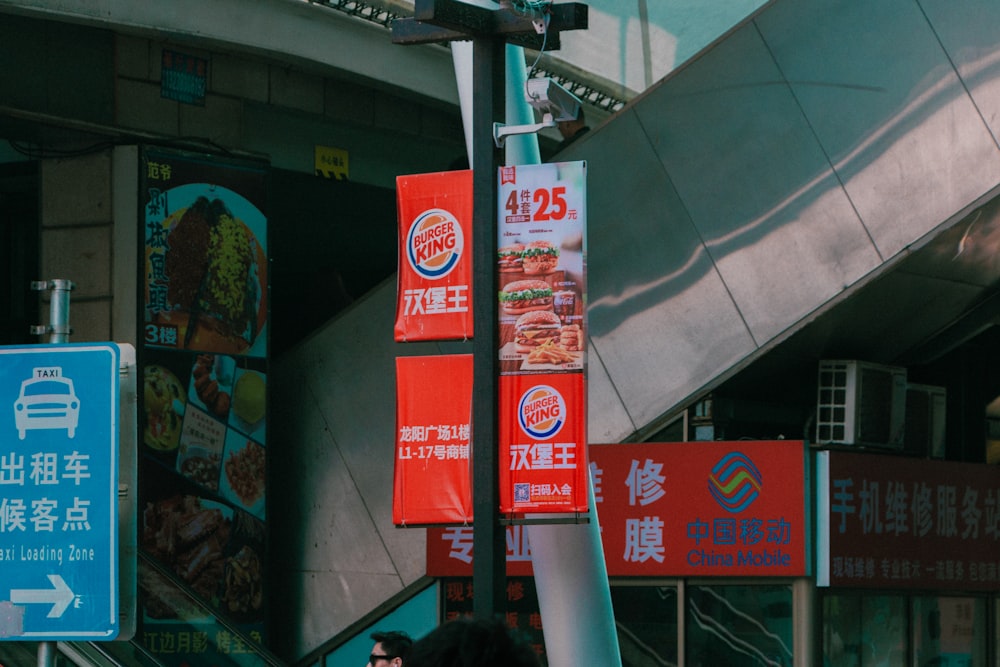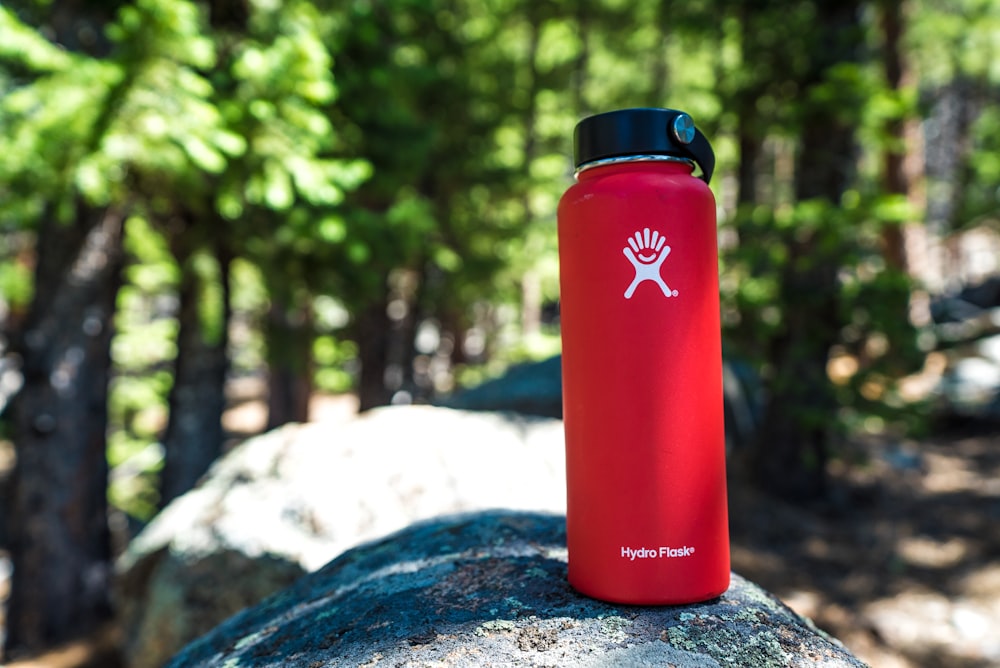Waste-Free Whoppers? Burger King is testing reusable packaging.

Fast food doesn’t come to mind when we think about practicing sustainable, low-waste, and plant-based diets. However, in the past few years, we have seen a rise in plant-based meat substitutes. These have begun spreading through the fast-food world. Burger King has been at the forefront of these efforts. They released the Impossible Whopper, The Impossible Croissan’wich, and even meatless nuggets.
Burger King is now taking their efforts one step further and will begin introducing reusable packaging into their restaurants. Burger King is hoping to eventually implement this practice everywhere. With takeout dining rising due to the pandemic, efforts like these are becoming increasingly necessary.
How Will They Do It?
Burger King is partnering with Loop, giving customers reusable packaging they can return for a rebate. The sustainably-sourced material can then be cleaned and reused. The test-run will begin in New York, Portland, and Tokyo, with the intention to expand to more locations. All guests’ packaging will come from sustainable sources and be recycled at U.S. and Canada Burger King restaurants by 2025.

What Difference Will This Make?
The fast-food industry is worth $570 billion each year. Their dependence on resources such as water, land, and livestock feed causes it to have drastic environmental impacts. The livestock sector which is essential to fast-food makes up 14.5% of all human-induced emissions. In addition, the vast amounts of transportation necessary to ensure the fast-food industry can function are enormous. Fast-food packaging makes up about half of the litter on the streets. Styrofoam, a common fast-food packaging type takes 900 years to disintegrate in a landfill! These all combine into fast-food having a large negative environmental impact.

What Can You Do to Reduce Waste From Your Eating Habits?
There are small efforts we can all make in our day-to-day life that make a difference for our environment. Don’t buy pre-prepared ingredients when shopping. These often result in unnecessary packaging. Instead of canned green beans, you could buy fresh green beans and eliminate the waste of an aluminum can. Instead of boil-in-a-bag rice, you could purchase a large quantity of uncooked rice. You can prepare it on the stove at home with minimal additional cooking time.
When it comes to products that are difficult to prepare yourself, you can aim to reduce single-use plastics by buying yogurt in bulk, and using a reusable water bottle. If your products use packaging, try to recycle as much as you can. These small changes can help you reduce the waste associated with your eating habits. While we do our part with our everyday eating, it is important that the fast-food industry begin doing their part, too.

The hope is that if Burger King is successful in its efforts, other restaurant chains will follow suit. The fast-food industry creates vast amounts of waste every year. It is essential that we support companies making an effort to reduce this footprint and move towards a waste-free world.


Leave a Reply